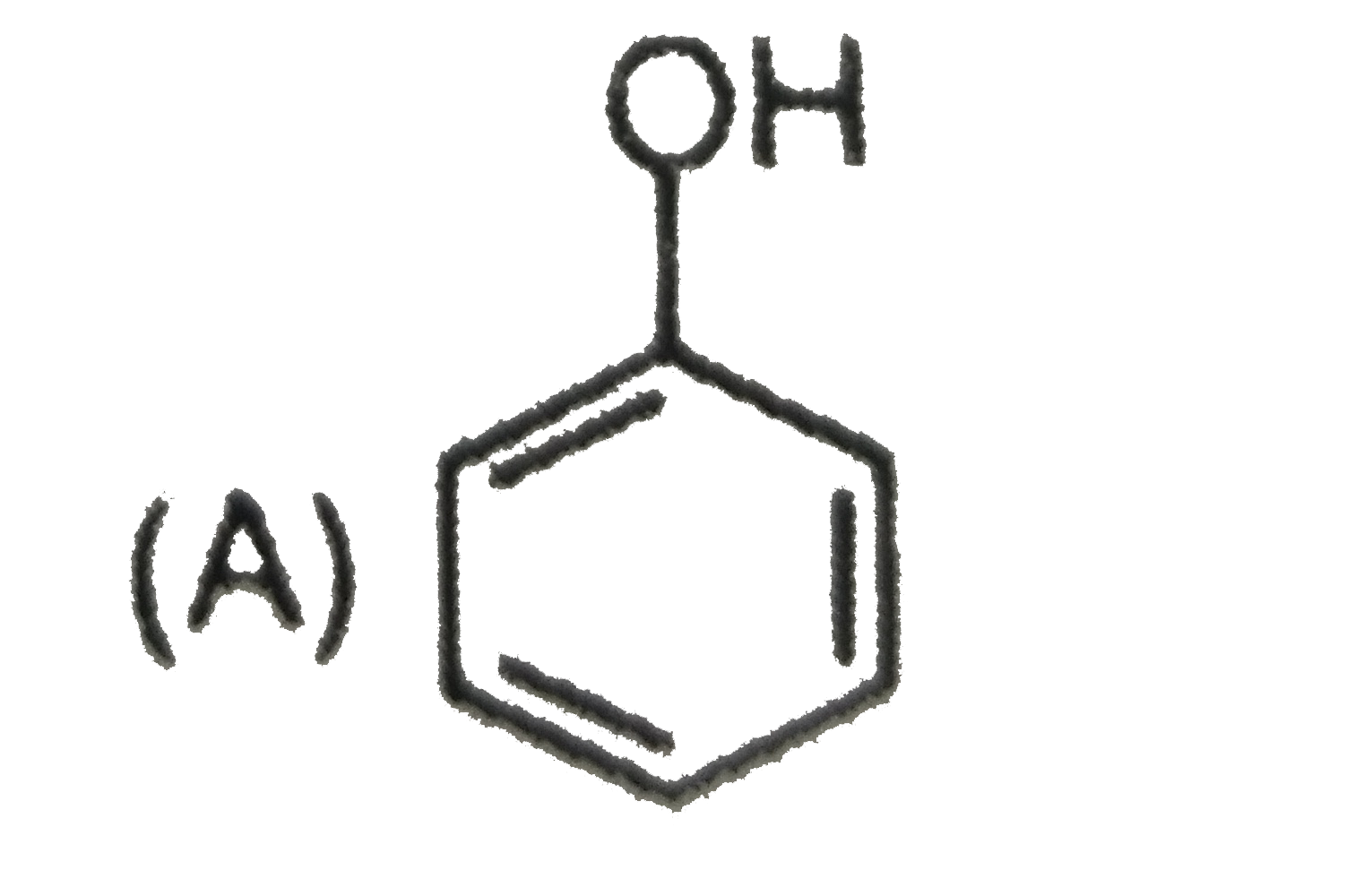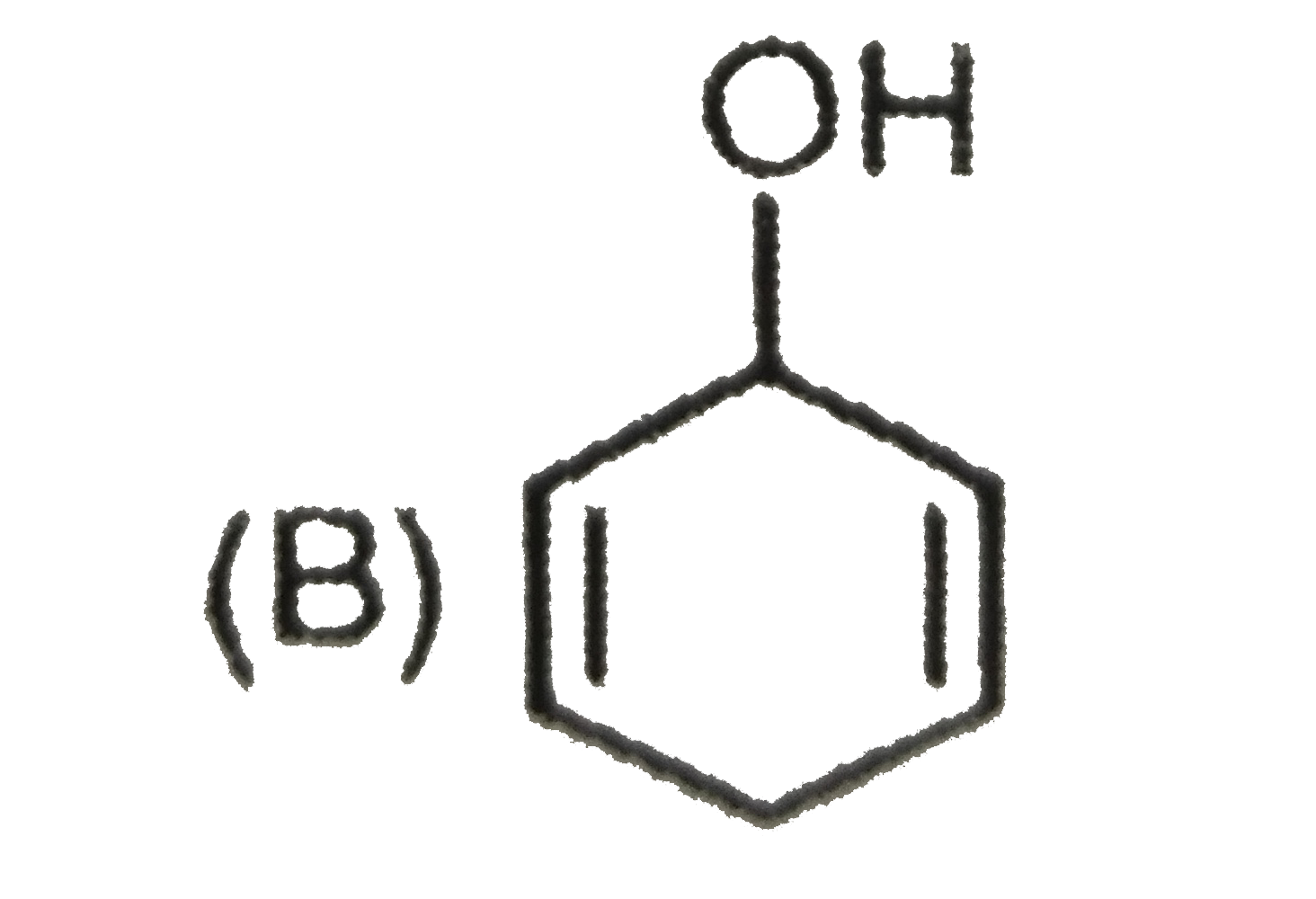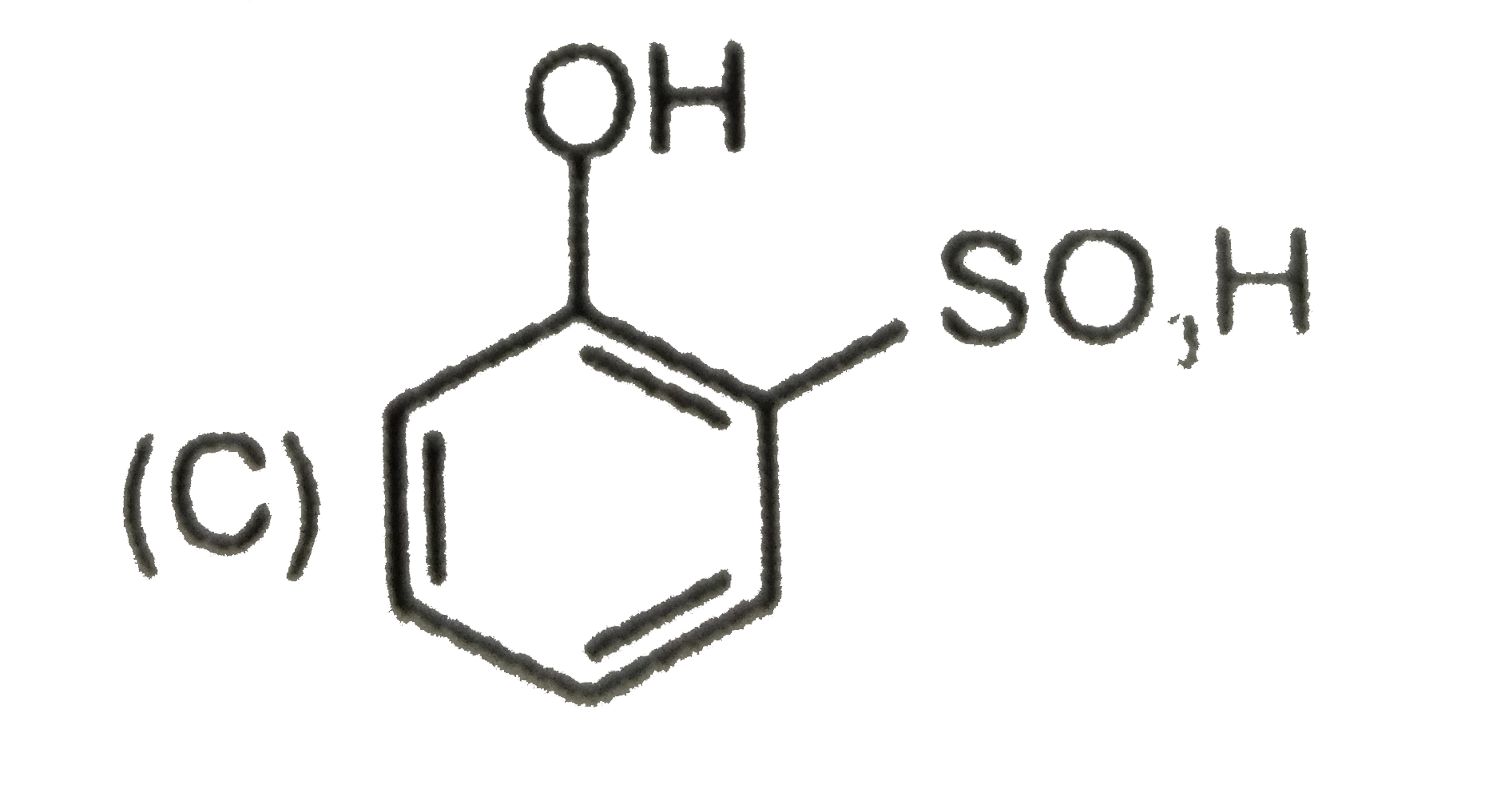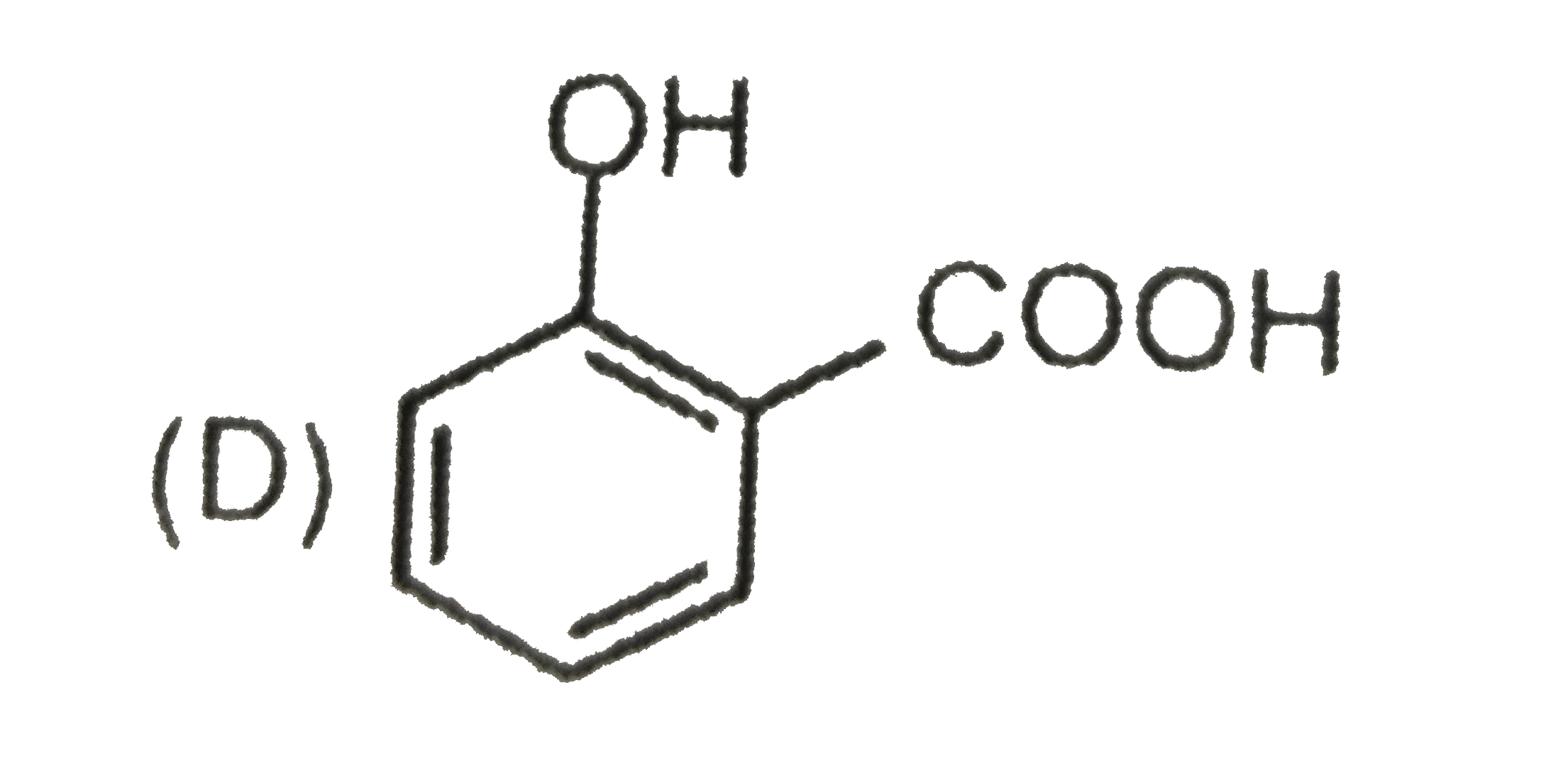Which of the following cannot decolourise the iodine solution ?
Excess of Cl2 water
Excess of Na2S2O3 solution
Excess of Br− solution
Excess of NaOH solution.
The correct Answer is:C
To determine which of the given options cannot decolorize iodine solution, we need to analyze the reactions of iodine (I2) with each of the options provided.
1. Understanding Decolorization of Iodine Solution:
- Iodine solution can be decolorized by substances that can react with iodine, typically reducing agents. If a substance does not react with iodine, it will not decolorize the solution.
2. Analyzing Each Option:
- Let's denote the options as follows:
- Option A: Cl2 (Chlorine gas)
- Option B: Na2H2O3 (Sodium hydrogen arsenite)
- Option C: Br- (Bromide ion)
- Option D: (Another option not specified)
3. Option A: Cl2:
- Chlorine (Cl2) can react with iodine (I2) to form iodide ions (I-) and chloride ions (Cl-). Therefore, Cl2 can decolorize iodine solution.
4. Option B: Na2H2O3:
- Sodium hydrogen arsenite (Na2H2O3) is a reducing agent and can also react with iodine, leading to the decolorization of the iodine solution.
5. Option C: Br-:
- Bromide ions (Br-) do not react with iodine in a way that would lead to decolorization. There is no significant reaction between Br- and I2, so this option will not decolorize the iodine solution.
6. Conclusion:
- Based on the analysis, the option that cannot decolorize the iodine solution is Option C: Br-.
Final Answer:
Br- cannot decolorize the iodine solution.
---
- Iodine solution can be decolorized by substances that can react with iodine, typically reducing agents. If a substance does not react with iodine, it will not decolorize the solution.
- Let's denote the options as follows:
- Option A: Cl2 (Chlorine gas)
- Option B: Na2H2O3 (Sodium hydrogen arsenite)
- Option C: Br- (Bromide ion)
- Option D: (Another option not specified)
- Chlorine (Cl2) can react with iodine (I2) to form iodide ions (I-) and chloride ions (Cl-). Therefore, Cl2 can decolorize iodine solution.
- Sodium hydrogen arsenite (Na2H2O3) is a reducing agent and can also react with iodine, leading to the decolorization of the iodine solution.
- Bromide ions (Br-) do not react with iodine in a way that would lead to decolorization. There is no significant reaction between Br- and I2, so this option will not decolorize the iodine solution.
- Based on the analysis, the option that cannot decolorize the iodine solution is Option C: Br-.
Br- cannot decolorize the iodine solution.
Topper's Solved these Questions
- STOICHIOMETRY AND BALANCING REDOX REACTION BOOK - FIITJEECHAPTER - STOICHIOMETRY AND BALANCING REDOX REACTION EXERCISE - SINGLE INTEGER ANSWER TYPE QUESTIONS
5 Videos
- THERMODYNAMICS AND THERMOCHEMISTRY BOOK - FIITJEECHAPTER - THERMODYNAMICS AND THERMOCHEMISTRY EXERCISE - SINGLE INTEGER ANSWER TYPE QUESTIONS
5 Videos
Similar Questions
Knowledge Check
Which of the following does not decolourise iodine?
A(1) Na2SO3B(2) Na2S2O3C(3) NaCID(4) NaOHWhich of the following does not decolouries iodine ?
ANa2SO3BNa2S2O3CNaClDNaOHWhich of the following can decolourise bromine water solutions ?
A B
B C
C D
D
Which of the following decolourises solution?
View SolutionWhich of the following decolourises solution?
View SolutionWhich of the following does not decolourise reddish brown solution of Br2/Cl4 :
View SolutionWhich of the following will decolourise bromine water
View SolutionWhich of the following cannot reduce fehling's solution and tollen's reagent?
View Solution
